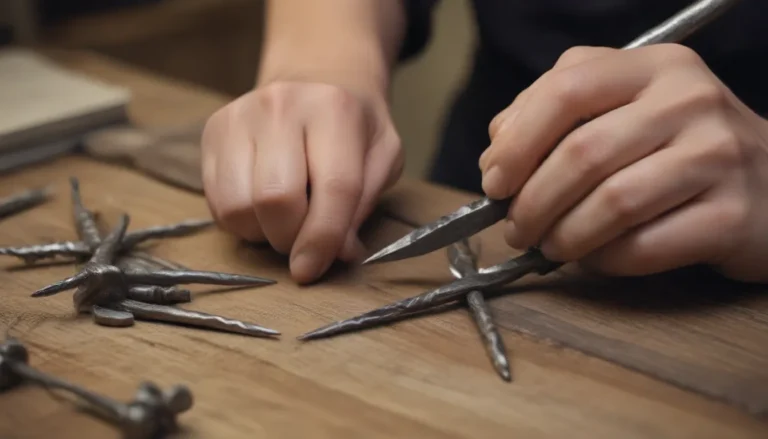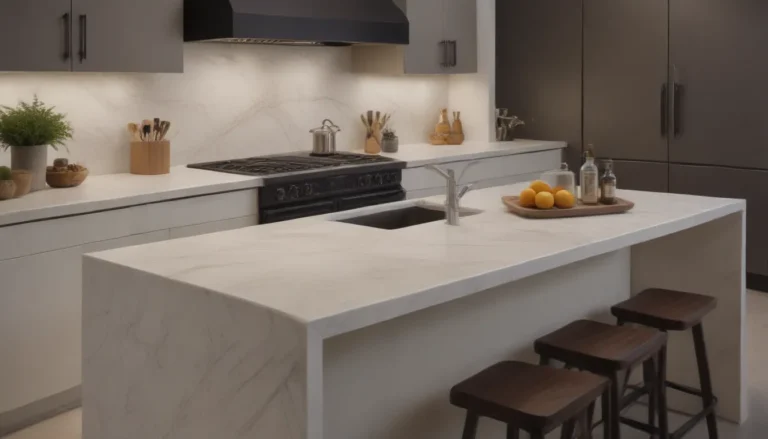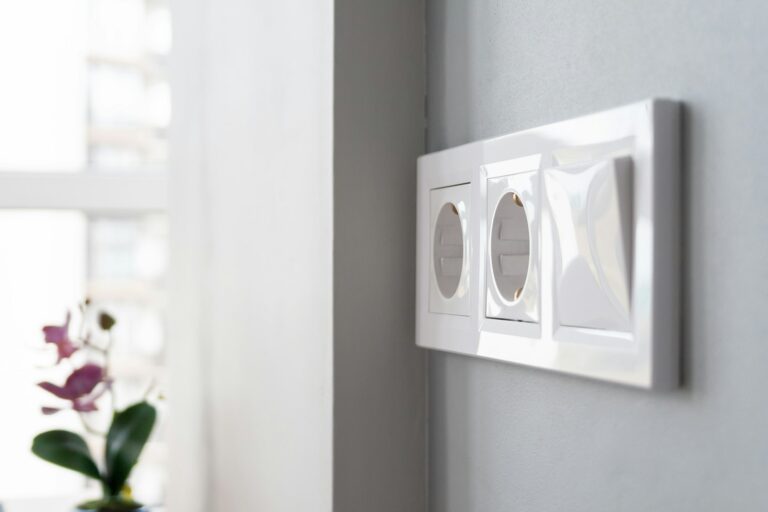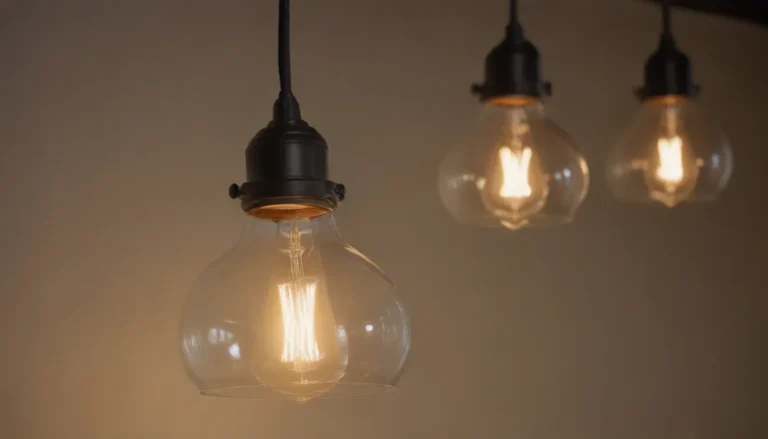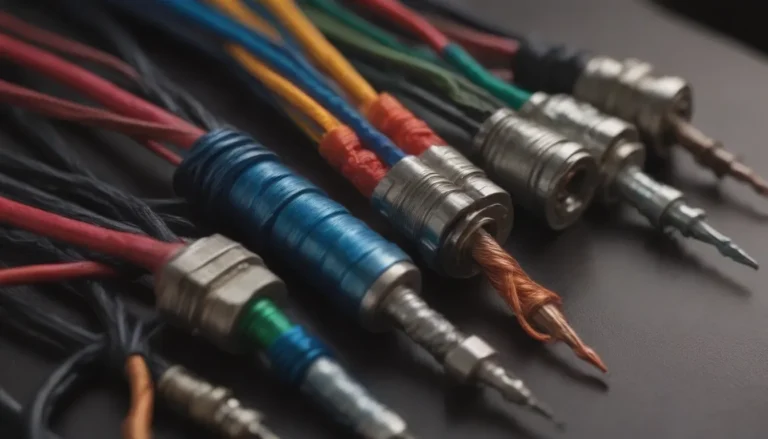Quartz vs. Quartzite: Unveiling the Mysteries of Countertop Materials
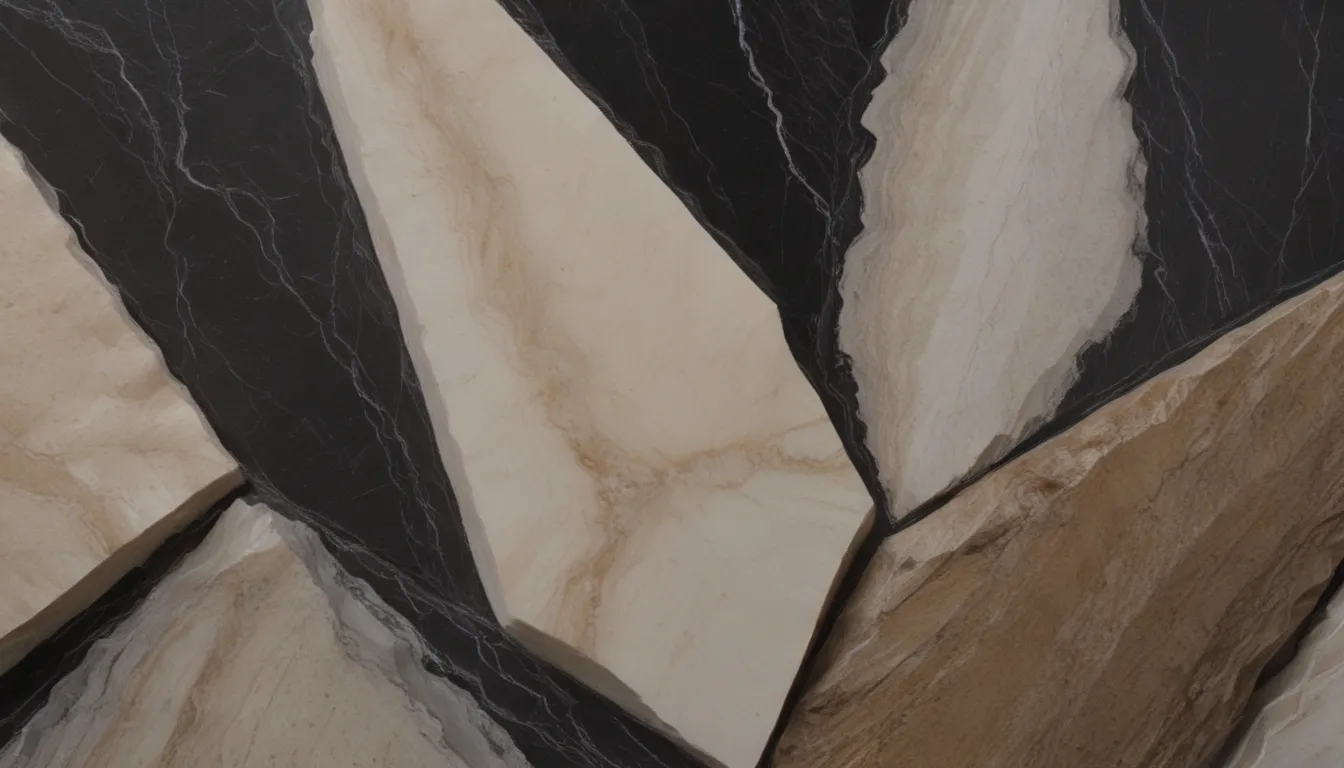
When it comes to choosing the perfect countertop material for your kitchen or bathroom, the decision is not always easy. Quartz and quartzite are two incredibly popular options that offer durability, longevity, and beauty. However, the confusion between these two materials is common due to their similarities. To help you make an informed decision, let’s delve deeper into the dissimilarities between quartz and quartzite.
Quartz vs. Quartzite: Understanding the Variances
While both quartz and quartzite share some similarities, they also have distinct characteristics that set them apart. Let’s take a closer look at the major differences between these two countertop materials:
-
Quartz:
- Easier to customize the color
- Resistant to moisture and staining
- Easy to clean and low maintenance
- Vulnerable to high temperatures
- Installation costs about $40 to $100 per square foot
-
Quartzite:
- Attractive natural stone composition
- Vulnerable to moisture and staining
- Must be sealed regularly to prevent staining
- Resistant to scratches and heat
- Installation costs about $80 to $210 per square foot
Appearance: What Sets Them Apart?
Quartz and quartzite may have a similar appearance at first glance, but they each have unique characteristics that differentiate them:
-
Quartz:
- Can be dyed using different pigments during the manufacturing process to create unique color combinations and patterns.
-
Quartzite:
- Offers a natural appearance with pink and red veining due to the presence of iron oxide in the stone.
Water and Heat Resistance: Which One Holds Up Better?
Countertops are frequently exposed to water and heat, making resistance to these elements crucial. Let’s see how quartz and quartzite fare in terms of water and heat resistance:
-
Quartz:
- Highly resistant to water and staining due to the resin binder.
- Vulnerable to high temperatures, with the resin binder melting around 300 degrees Fahrenheit.
-
Quartzite:
- Offers high heat-resistance, perfect for resting hot pots and pans directly on the surface.
- Vulnerable to moisture and staining, requiring regular sealing for protection.
Care and Cleaning: A Comparison
Maintaining the pristine appearance of your countertop requires proper care and cleaning. Here’s how quartz and quartzite differ in this aspect:
-
Quartz:
- Relatively easy to clean with a non-porous surface.
- Requires minimal maintenance with regular cleaning.
-
Quartzite:
- Needs proper sealing to avoid damage from water and liquids.
- Requires more upkeep compared to quartz.
Durability and Maintenance: Which One Lasts Longer?
Understanding the durability and maintenance needs of your countertop material is essential for its longevity:
-
Quartz:
- Rated about seven on the Mohs Hardness Scale, highly resistant to scratches and impact damage.
- Requires minimal maintenance beyond regular cleaning.
-
Quartzite:
- Rated between seven and eight on the Mohs Hardness Scale, offering superior durability.
- Needs regular sealing to prevent damage from water and liquids.
Installation: Leave It to the Professionals
While some may consider DIY installation, quartz and quartzite are best handled by professionals due to their weight and specific requirements:
-
Quartz:
- Installation requires a crew due to the bulky weight of the engineered stone.
-
Quartzite:
- Bulkier and heavier to maneuver, necessitating professional installation.
Cost: What Fits Your Budget?
The cost of your countertop is a significant factor to consider. Let’s compare the price range of quartz and quartzite:
-
Quartz:
- Typically costs about $40 to $100 per square foot.
-
Quartzite:
- Ranges in price from about $80 to $210 per square foot.
Lifespan: Longevity Matters
Considering the lifespan of your countertop material is crucial for making a wise investment:
-
Quartz:
- Lasts about 20 to 60 years, with high durability.
-
Quartzite:
- Lasts about 50 to 100 years, with proper maintenance.
Choosing the Right Material: Quartz or Quartzite?
In the ultimate showdown between quartz and quartzite, the decision comes down to your specific needs and preferences. Here’s a summary to help you make the right choice:
- If you prefer a material that is easy to clean, low-maintenance, and water-resistant, quartz countertops are your best bet.
- For those willing to seal and maintain the countertop regularly, quartzite offers unparalleled durability and longevity.
- While quartz is more affordable and customizable, quartzite boasts natural beauty and superior resistance to heat and scratches.
In conclusion, both quartz and quartzite have their own set of advantages and disadvantages. However, quartz emerges as the more practical and cost-effective option for most households. On the other hand, quartzite’s durability and longevity make it a premium choice for those willing to invest in superior quality.
Remember to consider your specific requirements, budget, and maintenance capabilities when choosing between quartz and quartzite. Whether you prioritize customization, heat-resistance, or longevity, there’s a perfect countertop material out there for you. Make an informed decision and enjoy a stunning, durable countertop that enhances the beauty of your space.
When it comes to the best countertop materials, the choice between quartz and quartzite is a personal one. Consider your lifestyle, budget, and maintenance preferences to select the perfect option for your home. With the right choice, you can enjoy a beautiful, durable countertop that enhances your living space for years to come.
